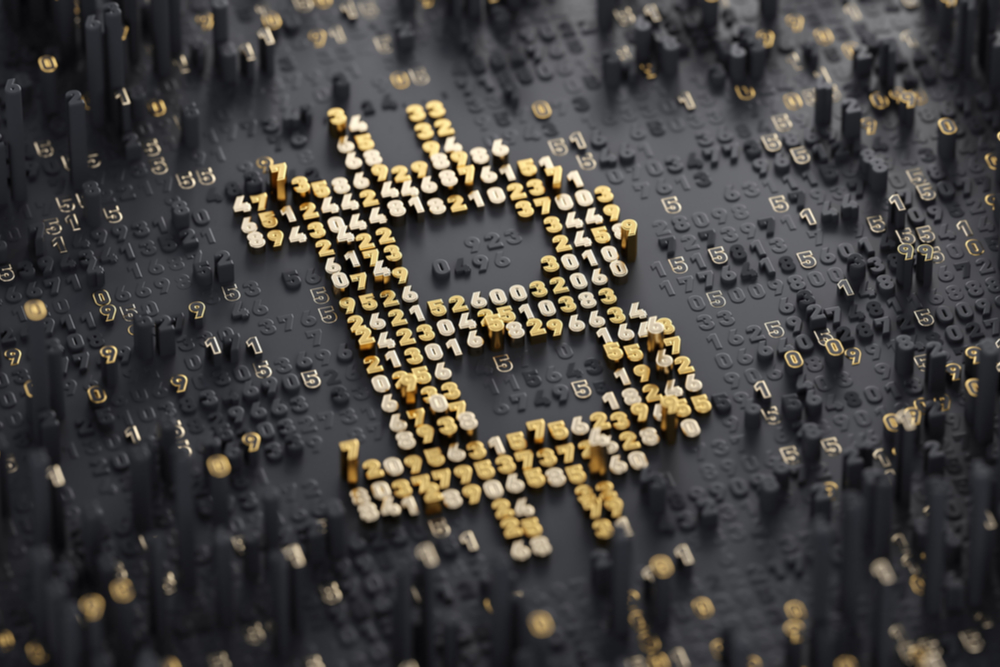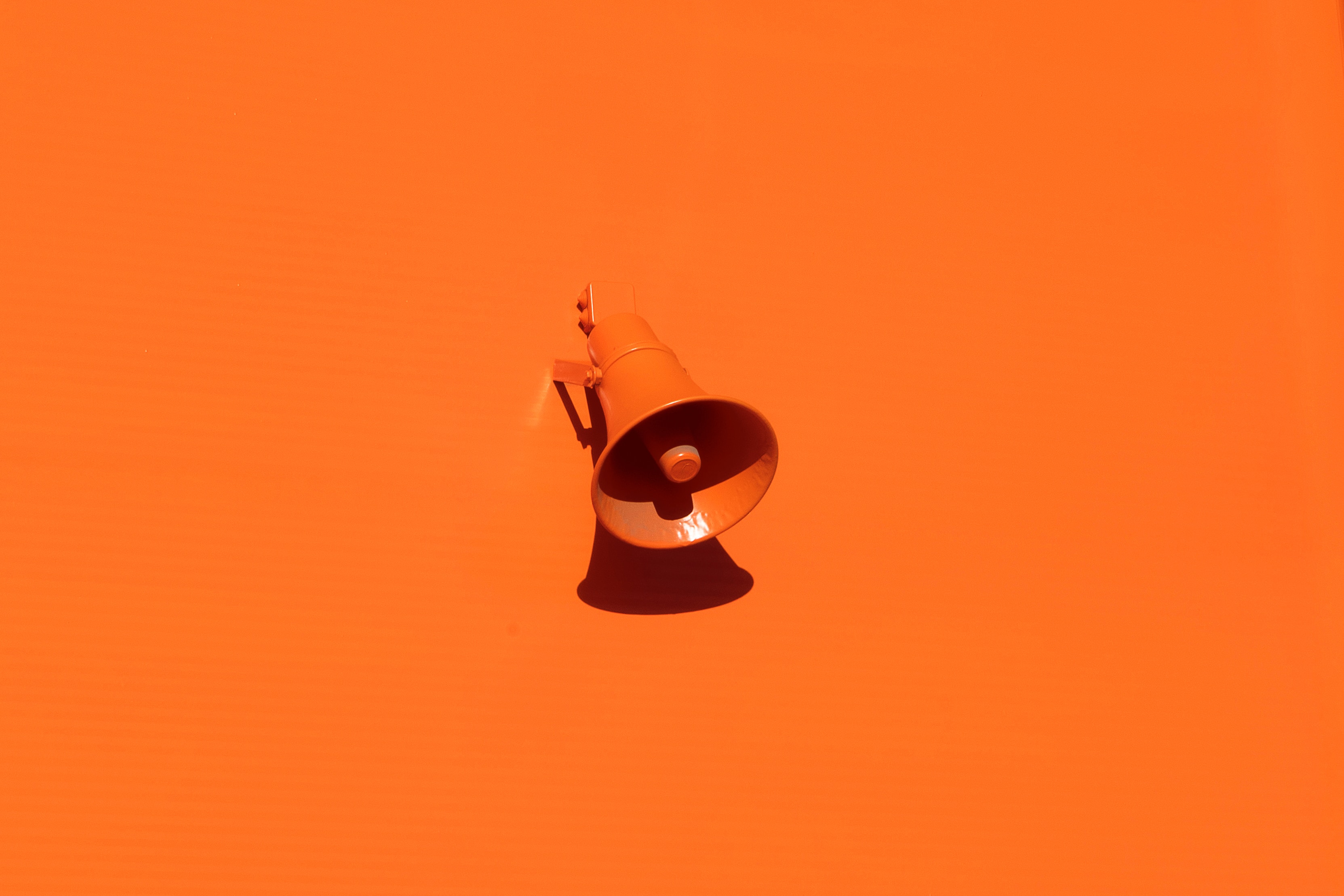Trademarks can be tricky issues, and can create a whole lot of confusion both in the law and for consumers. Where is the line drawn between what is a trademark and what isn’t? When does a term or phrase switch from being a trademark to being considered “generic”? What happens when a term is perched precariously in both camps? We can take a deeper dive into these complex issues by examining a contemporary case: Who has the rights to Bitcoin?
When is Something “Generic”?
Genericism occurs when a word or term comes to stand for a good or service as a whole, rather than a specific brand. Such terms that have had their trademark canceled include aspirin, escalator, kerosene, laundromat and trampoline, with each of these formerly unique product names having morphed into an entire product category. Once a term is deemed generic, anyone can use it.
Who Owns Bitcoin?

The ownership of the Bitcoin trademark is a contentious issue, as there are at least 88 filed trademark applications that contain the word ‘Bitcoin’, 37 of which are active. The word is considered a generic currency term like ‘dollar’ and ‘euro’ so anyone can currently use it. However, the holding company of collapsed virtual currency exchange Mt. Gox is looking to sell the ‘Bitcoin’ trademark. So can they even do so? Or has the term already slipped too far into the public domain?
The aforementioned sale could prove problematic for any buyer, as they would have to demonstrate that the word “Bitcoin” wasn’t in common circulation prior to the initial trademark, and be sure to use it appropriately going forward so that the trademark does not default to “abandoned” and lose validity. A mysterious user by the name of Satoshi Nakamoto is credited with first using the term in 2009 in a paper detailing the secure transaction technology now ubiquitously known as “blockchain” so it was certainly in circulation, to some extent, before the initial trademark acquisition date in 2011. Proving exactly how much so could be a tricky endeavor, and could potentially deter interested buyers from going after the domain.
The Bitcoin Trademark
Because “Bitcoin” was relatively new at the time of the 2011 trademark, it’s possible that a trademark was erroneously given before regulators were familiar with it. The Mt. Gox team stated early on that they claimed the trademark in order to “oppose opportunists around the world from trademarking the concept and term ‘Bitcoin’”. They close their note by saying that they will continue to allow free use of the trademark, for commerce or non-profit. But perhaps it should have been classified as “generic”—as we now understand it to be—all along.
The Importance of Trademark Protection

It certainly doesn’t help the situation when the word is being regularly used and reused without repercussions. If no one is enforcing the trademark from the get-go, it becomes much more challenging to protect it later on. This is part of what makes the whole Bitcoin trademark ordeal such a fiasco. It also devalues the product itself, as no one is monitoring its use and guaranteeing quality of service.
This is especially a problem if you want to, say, sell your trademark in the future. Or even to just protect against fraudulent uses of your trademark down the line. If you have a trademark, you need to defend it, or you risk ending up in the same predicament that Mt. Gox finds themselves in now.
The Takeaway
Trademark law can be difficult to navigate, especially with ambiguous cases of “ownership” as we’re seeing with Bitcoin. Just because you trademark something now, doesn’t mean that trademark will hold up if your brand name falls into the common vernacular; however, that shouldn’t stop you from fighting tooth and nail now to protect your brand name and image proactively.
Protecting your trademark is a critical step for any brand. Read on for some trademark best practices.
Photo Credits: Shutterstock / Igor Batrakov, Shutterstock / Slavko Sered, Shutterstock / Ink Drop










